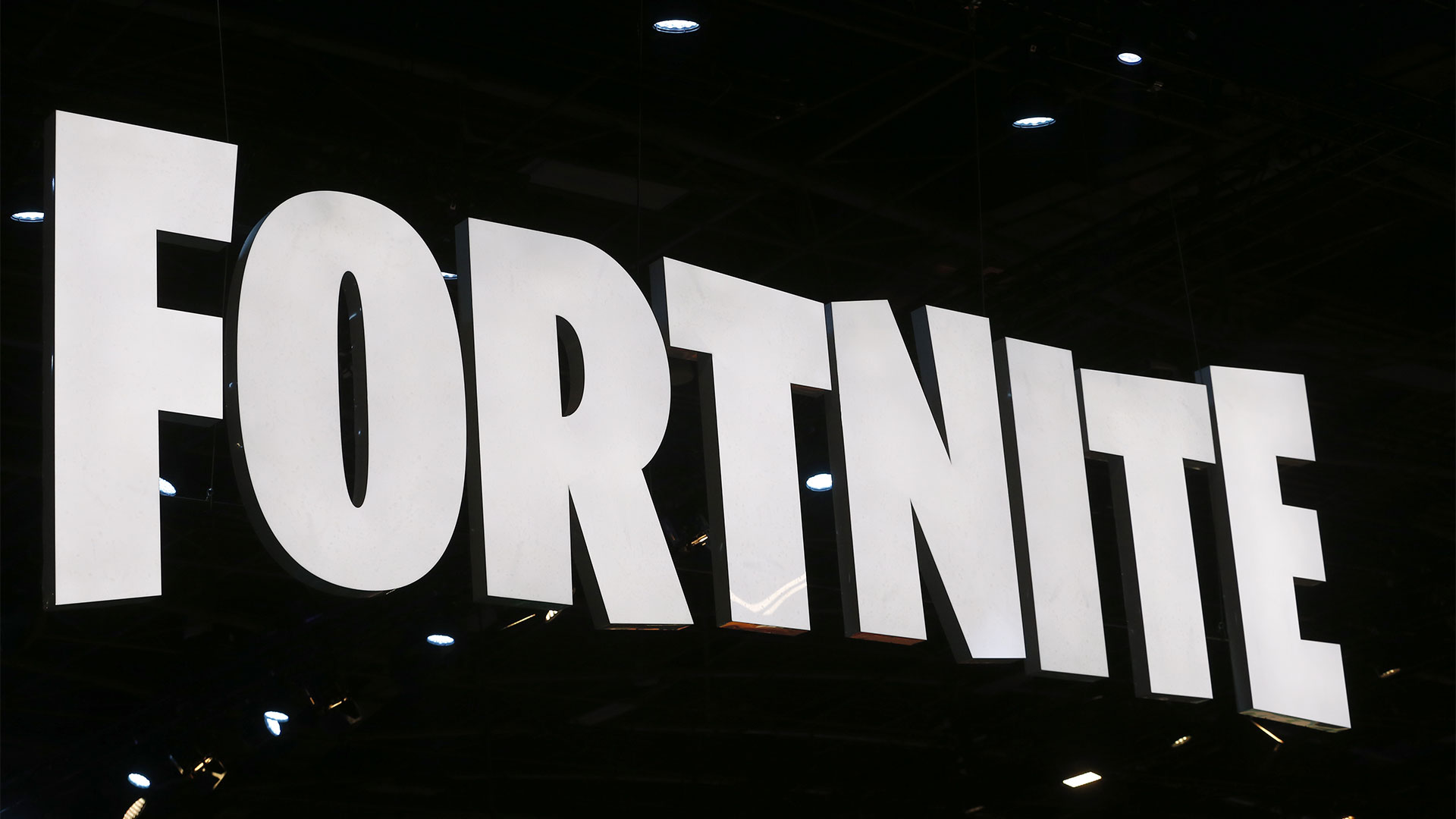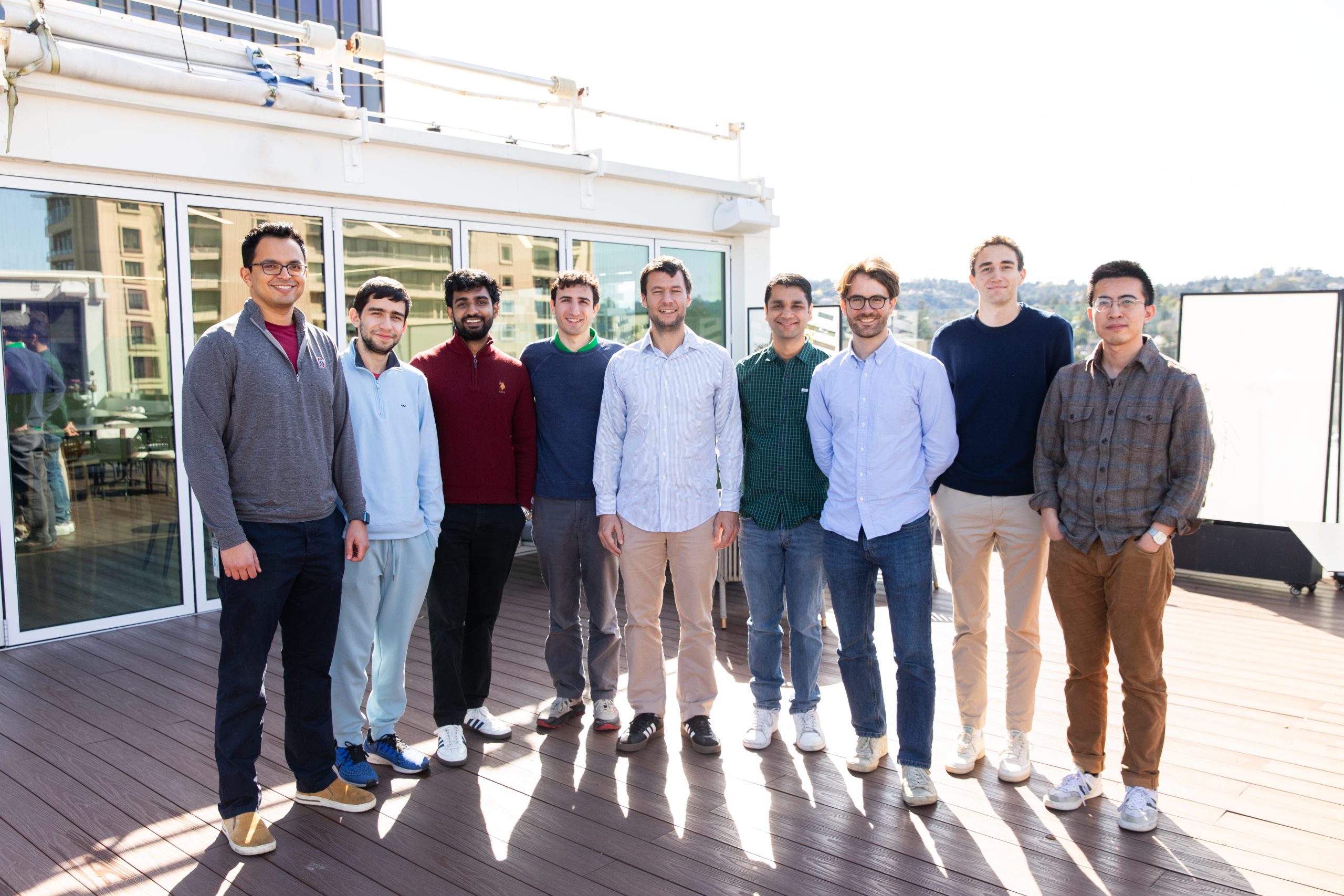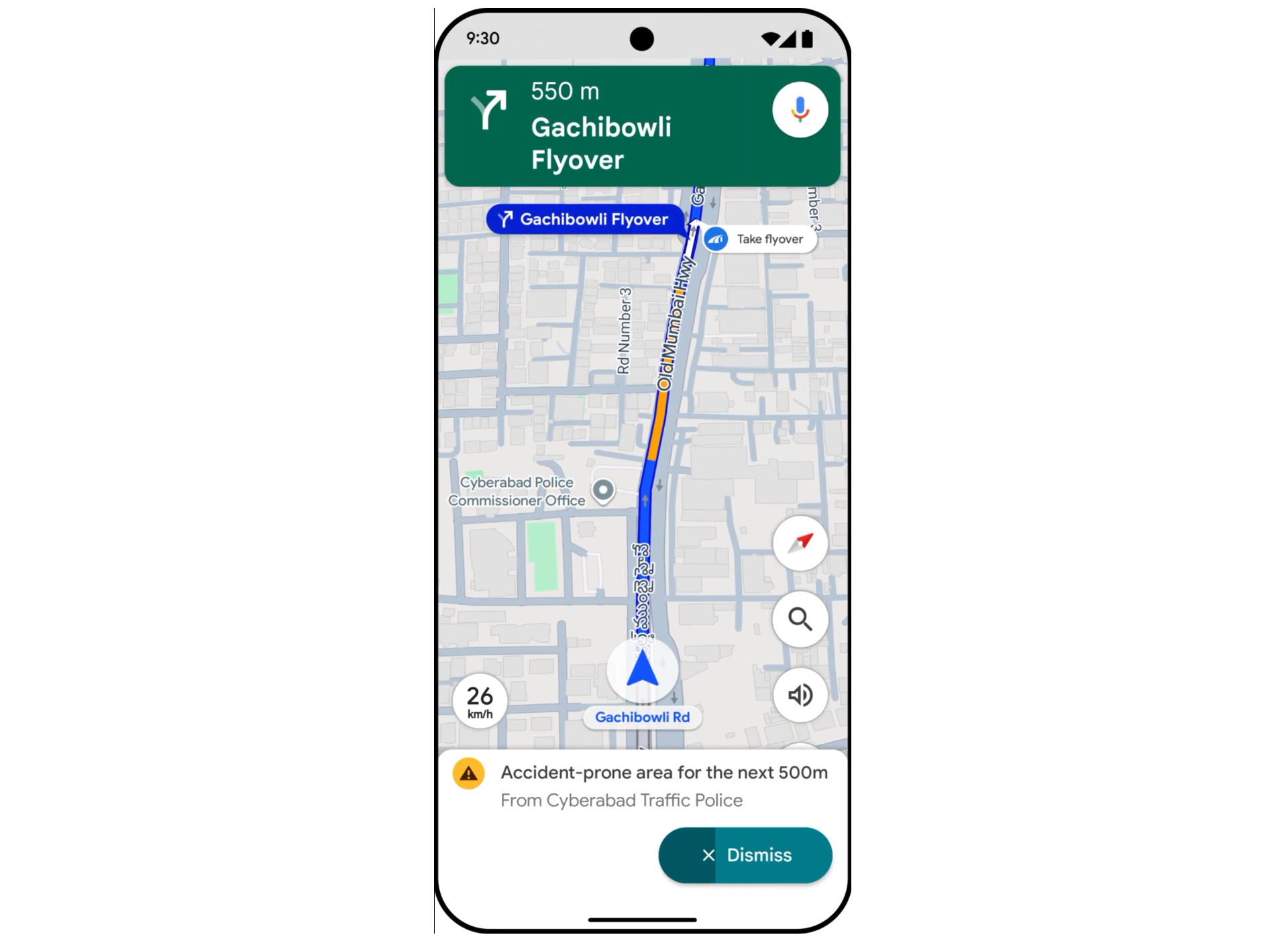
A landmark agreement between technology titan Google and gaming powerhouse Epic Games is poised to fundamentally reshape the landscape of Android’s digital marketplace, ushering in a new era for app developers and potentially altering consumer interaction with mobile software. Tim Sweeney, the outspoken Chief Executive Officer of Epic Games, has lauded Google’s proposed antitrust settlement as a monumental stride, characterizing it as a "comprehensive solution" that genuinely reinforces Android’s foundational commitment to an open platform. This development marks a significant turning point in the ongoing global scrutiny of digital ecosystems and their governing policies.
The settlement, reached after protracted legal battles, outlines substantial reforms to Google’s Android app store policies. These changes primarily revolve around two critical areas: a reduction in the fees Google levies on developers and an expansion of competitive avenues within the app distribution and payment processing frameworks. Should the presiding judge grant approval, this agreement would bring a definitive close to the antitrust litigation initiated by Epic Games against the search giant, a legal saga that has captivated the technology world for years.
The Genesis of the Antitrust Battle: Epic Games vs. Tech Giants
To fully appreciate the gravity of this settlement, it is crucial to understand the historical context of the dispute. Epic Games, the creator of the immensely popular game Fortnite, ignited a global debate in August 2020 by directly challenging the established app store payment systems of both Apple and Google. At the heart of Epic’s grievance was the ubiquitous 30% commission fee that both companies typically charged developers for in-app purchases and subscriptions processed through their proprietary payment mechanisms. This "30% cut" had long been a standard across major digital storefronts, from mobile app stores to PC game platforms, but had increasingly drawn criticism for stifling innovation and limiting developer revenue.
Epic Games launched its "Project Liberty" campaign with a calculated move: it intentionally violated the app store rules by introducing its own direct payment system within Fortnite, bypassing Apple’s App Store and Google Play’s payment processors. This immediately led to Fortnite’s removal from both platforms, prompting Epic to file simultaneous lawsuits, accusing both companies of operating illegal monopolies. Epic argued that the tech giants wielded excessive control over app distribution and payment processing on their respective mobile operating systems, effectively creating "walled gardens" that stifled competition and forced developers into economically disadvantageous terms.
For Android, while historically more "open" than Apple’s iOS in allowing sideloading (installing apps from sources other than the official app store), Google Play had become the overwhelmingly dominant distribution channel. Epic’s argument highlighted that despite the technical possibility of alternative stores, Google’s contractual agreements with device manufacturers and strategic practices effectively cemented Google Play’s near-monopoly status, making true competition challenging.
Key Provisions of the Google Settlement
The core of the proposed settlement focuses on tangible changes that aim to address Epic’s central grievances. Under the new framework, Google has agreed to permit Android app developers to direct users to alternative payment mechanisms. This means developers can now integrate options within their apps or link out to external websites where users can complete transactions, bypassing Google’s own payment system. This represents a significant departure from previous policies that largely mandated the use of Google Play’s billing for digital goods and services sold within apps.
Furthermore, the settlement introduces explicit caps on the fees Google can charge developers. These fees will now be set at either 9% or 20%, a substantial reduction from the standard 30% previously applied to many transactions. The specific percentage will depend on factors such as the type of transaction (e.g., subscriptions versus one-time purchases) and, notably, the date on which the app was installed. While the precise breakdown of these tiers will be elaborated upon with court approval, the general principle is to offer more favorable terms to developers, particularly for recurring revenue models or specific transaction types.
Sameer Samat, President of the Android Ecosystem at Google, articulated the company’s perspective on these forthcoming changes via a public post. He emphasized that the proposed modifications are designed to "focus on expanding developer choice and flexibility, lowering fees, and encouraging more competition all while keeping users safe." This statement underscores Google’s attempt to frame the concessions as a proactive evolution of its platform, balancing developer demands with its stated commitment to user security and a vibrant ecosystem. The final hurdle for these reforms remains judicial approval, which would then officially conclude the protracted antitrust litigation.
The Broader Legal Landscape: Parallel Fights and Precedents
The Epic Games v. Google case did not unfold in isolation; it was part of a larger global movement challenging the dominance of major technology platforms. Epic’s parallel lawsuit against Apple resulted in a different outcome. While Apple largely prevailed in the specific antitrust claims brought by Epic in the U.S. federal court, the judge did issue an injunction requiring Apple to modify its App Store rules to allow developers to include "buttons, external links, or other calls to action" that direct customers to purchasing mechanisms outside the App Store. This decision, though not a complete victory for Epic, nonetheless marked a crack in Apple’s historically rigid "walled garden."
Google’s situation, however, took a more direct hit. A jury in the Epic Games v. Google trial found that Google had indeed stifled competition, ruling against the search giant. This jury verdict, delivered after a full trial, created a compelling impetus for Google to settle, as it faced the prospect of a court-mandated remedy. The contrasting outcomes in the Apple and Google cases highlight the nuanced differences in their respective platform architectures and business practices, as well as the varied interpretations of antitrust law across different jurisdictions and judicial processes.
Beyond Epic Games, Google has been under intense scrutiny from regulators worldwide. Antitrust actions against Google’s app store practices have been pursued by various state attorneys general in the United States, as well as regulatory bodies in the European Union, Japan, South Korea, and India. These international pressures underscore a global consensus forming around the need for greater fairness and competition in digital marketplaces, signaling that the Epic Games settlement is not an isolated event but rather a significant piece of a much larger, evolving regulatory puzzle.
Market Dynamics and Developer Empowerment
The implications of this settlement for the broader app market are profound. For developers, especially smaller studios and independent creators, the reduction in fees translates directly into increased revenue. This additional capital can be reinvested into product development, marketing, or talent acquisition, fostering greater innovation and sustainability within the app ecosystem. The ability to direct users to alternative payment methods also provides developers with greater autonomy and flexibility in managing their monetization strategies, potentially allowing them to offer more competitive pricing or exclusive promotions.
For consumers, these changes could lead to several benefits. Lower developer costs might, in some instances, translate into lower prices for in-app purchases or subscriptions. The introduction of alternative payment options could also offer users more choice, potentially including preferred payment methods or those with lower transaction fees. The increased competition among payment processors could drive innovation in security and convenience for digital transactions.
From Google’s perspective, this settlement represents a strategic pivot. While it entails a direct revenue hit from reduced commission fees, it also mitigates the risk of further, potentially more restrictive, court-ordered remedies. By proactively addressing antitrust concerns, Google aims to maintain developer goodwill and demonstrate a commitment to fostering a healthy ecosystem, which is crucial for the long-term viability of the Android platform.
The "Open Platform" Ideal: A Philosophical Shift?
Tim Sweeney’s assertion that the settlement "genuinely doubles down" on Android’s vision as an open platform resonates deeply with the historical ethos of the operating system. When Android was first introduced, its open-source nature and flexibility were often contrasted with Apple’s more tightly controlled iOS environment. However, over time, as Google Play solidified its dominance, critics argued that the platform, while technically open, had developed its own set of gatekeeping mechanisms, particularly concerning app distribution and monetization.
This settlement can be viewed as a forced re-alignment with Android’s original "open" philosophy, driven by legal and regulatory pressures rather than purely voluntary choice. It represents a tension between the benefits of platform control—such as enhanced security, consistent user experience, and robust revenue streams—and the ideals of openness, which prioritize developer freedom, vibrant competition, and consumer choice. The analytical commentary surrounding this shift often questions whether it is a true philosophical change or a pragmatic concession to avoid more severe consequences. Nevertheless, the practical outcome is a significant loosening of the reins, particularly in areas crucial to developers’ business models.
Consumer Experience and Security Considerations
As the digital marketplace evolves, the impact on the end-user experience and security remains a critical consideration. Google has consistently argued that its stringent app store policies, including mandatory use of its payment system, were primarily for consumer protection. These policies, Google contended, helped safeguard users against fraudulent transactions, malware, and privacy breaches by vetting apps and transactions within a controlled environment.
With the introduction of alternative payment mechanisms, the responsibility for user safety will become more distributed. Google will likely need to implement robust guidelines and monitoring systems to ensure that third-party payment processors and external links do not expose users to undue risks. Consumers, in turn, will need to exercise greater vigilance when choosing payment options, understanding that transactions outside Google Play’s direct oversight might come with different terms, conditions, and levels of security. The challenge for Google will be to maintain user trust and perceived safety while facilitating greater openness and competition. There is a potential for initial user confusion as they navigate new payment choices, highlighting the need for clear communication and transparent policies from both developers and platform providers.
Looking Ahead: The Future of Digital Distribution
One of the most immediate and symbolic outcomes of Epic Games’ legal victory and subsequent settlement is the announced return of the Epic Games Store to the Google Play Store for Android. This development signifies a major shift, as Epic had previously chosen to distribute Fortnite directly on Android, bypassing Google Play entirely, precisely because of the fee structure. Its re-entry into the official app store, now under more favorable terms, could set a precedent for other developers or even rival app stores to consider similar moves, potentially leading to a more diversified and competitive app distribution landscape on Android.
The ripple effects of this settlement are likely to extend beyond Google. Other digital platforms, including those for gaming consoles or other operating systems, may face renewed pressure from developers and regulators to re-evaluate their own fee structures and restrictive policies. The global regulatory climate is increasingly geared towards promoting fair competition in digital markets, and the Google-Epic settlement serves as a powerful example of how legal challenges can catalyze significant changes. The ongoing evolution of digital marketplaces, driven by both technological innovation and regulatory intervention, suggests a future where the power dynamics between platform holders and content creators are continually being redefined, with potentially profound implications for how digital goods and services are created, distributed, and consumed worldwide.




